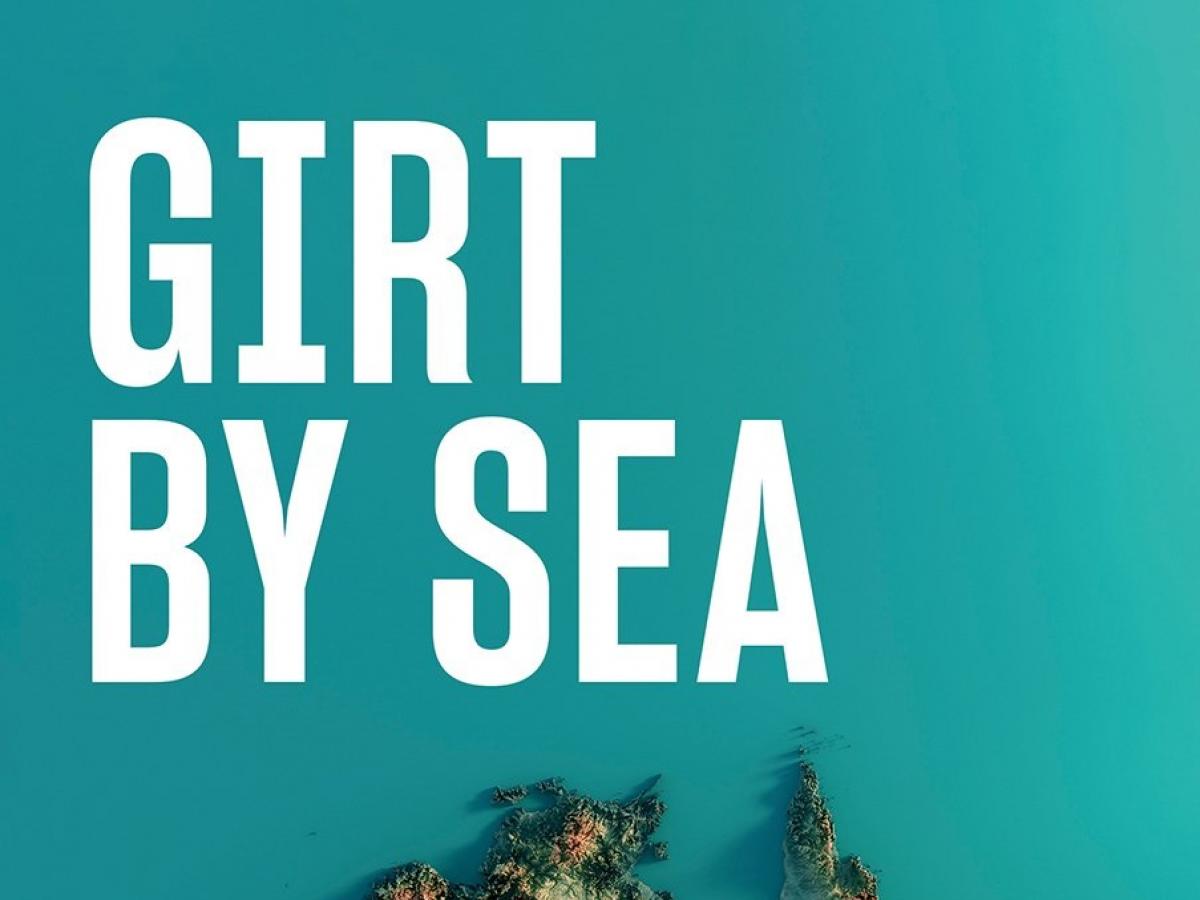: The Prime Minister, Anthony Albanese joins me on the line. Thanks very much for your time, Prime Minister.
ANTHONY ALBANESE, PRIME MINISTER: Good to be with you, Gary. And it’s wonderful to be back here in Perth.
ADSHEAD: Sorry about the heat wave.
PRIME MINISTER: Yeah, well, it was a bit hot yesterday, I’ve got to say. A warm welcome in many ways. We were in Hyde Park talking to retail workers, shop assistants, who are going to benefit from our tax cuts. And it was a very hot day for the families, but pretty enjoyable, I’ve got to say, as well.
ADSHEAD: All right, first up now, you may have noticed that we’re pretty anxious, somewhat paranoid, slightly hysterical and definitely resolute when it comes to the GST deal that Scott Morrison delivered in WA for WA in 2019. Are you, your Government or your Treasury considering any changes to the formula whatsoever?
PRIME MINISTER: No, exclamation mark. And the confirmation of that is the fact that we went through National Cabinet just last December and did the no worse off guarantee with funding for every single state and territory that will be included in the May Budget, something that wasn’t allowed for by the former Government, but something that we’ve done to extend across the forward estimates.
ADSHEAD: So, you said you wouldn’t change the stage three tax cuts, though, then you did because you argued it was important to thing for the country, though.
PRIME MINISTER: Guess what, so did Peter Dutton when they voted for it last week. Guess what, when circumstances change, it could only be stubbornness that would lead you to not change. Cost of living pressures are there for low and middle income earners. And what we’ve done is make sure that every single one of your listeners who’s a taxpayer will get a tax cut instead of just some of them. And it means less of a tax cut for people like me. I’ll still get $4,500, as will every Parliamentarian. But it ensures that everyone gets a tax cut. And average workers, people listening to this program, they’re at work, will get double the tax cut of what they were going to get, which is important, just as WA getting its fair share of the GST is important as well.
ADSHEAD: All right, and I’ll play devil’s advocate here because I’ll be on dangerous ground. But the iron ore price means that we’re still flooded with royalties, billions, we’re sitting on big surpluses. Is our guaranteed 70 cents in the dollar too high?
PRIME MINISTER: No, the arrangements, we’ll make no changes to it. We’ve made that very clear. And what’s more, we have put in place the funding for the other states and territories to make sure that they are not worse off as well. And we did that through a process involving Premier Roger Cook, involving every other Premier and Chief Minister. It’s fair to say that there’s not a cheer squad for this policy in other states, but the measures that we put in place ensures that that is confirmed going forward. And every Premier and Chief Minister signed off as well at the National Cabinet in December.
ADSHEAD: Okay, so rolled gold, certainly. At least until the next election and perhaps beyond. We’ll leave it at that. Can I ask you about –
PRIME MINISTER: Well, it’s been funded well beyond the next election.
ADSHEAD: Well, I better ask then because that’s the problem, isn’t it? I mean, it’s going to blow out. I mean, they talk about 8 billion to $50 billion. I mean, that can’t be good for taxpayers around the rest of the country.
PRIME MINISTER: Well, it’s a system that we’ve put in place and we’ve ensured that it remains in place.
ADSHEAD: Border security, Operation Sovereign Borders. Now, they failed to detect the boat with 39 men from Pakistan, Bangladesh, India on board, arriving at Beagle Bay and Truscott Airbase. Have you asked why?
PRIME MINISTER: Well, for the same reason that people in the former Government failed to detect a boat that arrived in Queensland and had people wandering around beaches in Far North Queensland. These things have occurred in the past. It’s unfortunate that it did occur, but we have a pretty big coastline. I reckon your listeners know, if you think about what it would take to have a boat every kilometre around our coastline, they know that it is a difficult task, but it’s one that we undertake. And there have been detections done, of course, very successfully. But what is important here is that Operation Sovereign Borders is in place. Those people are no longer here. They’re not in Western Australia, they’re not in Australia, they’re on Nauru, which is what our policy commitment was. And we have implemented that in a very efficient and timely manner. And that’s appropriate to send that message that if unauthorised people arrive here by boat, they will not be allowed to settle in Australia. They will be removed. And that’s exactly what we have done.
ADSHEAD: The Opposition’s criticism is that there’s been cuts to surveillance aircraft. What do you say?
PRIME MINISTER: Well, it’s just nonsense. Like, just complete nonsense. This is a guy who presided over, literally, when Home Affairs Minister, the current Opposition Leader, presided over a farcical mess where hundreds of millions of dollars of taxpayer’s money went to companies associated, and people associated, with all sorts of dodgy practices, was criticised last week extensively in the review that was undertaken by Dennis Richardson, a former head of Defence and Foreign Affairs, and ASIO, someone who’s one of our most respected public servants. We’ve been busy cleaning up the mess. Peter Dutton was always good at rhetoric and always good at being aggressive and shouting, and that’s what he’s doing at the moment as well. But unfortunately, he’s sending a message to people smugglers that he somehow is a cheer squad for them. The truth is, Operation Sovereign Borders has remained in place. You will recall that during the election campaign, the then Government said that we would not keep Operation Sovereign Borders, we wouldn’t do boat turnbacks, we wouldn’t do the system that was in place. We’ve done exactly what we said we would do. And what has occurred over recent days shows that that is the case.
ADSHEAD: On nickel, clearly there’s thousands of jobs on the line with the industry here in Western Australia, particularly with the downturn in the price. Are you meeting with BHP or other nickel producers while you’re here?
PRIME MINISTER: We’ve been discussing it with industry and my Minister, Madeleine King, is of course all over it. We’re meeting with Premier Cook today, he’ll address our Cabinet. We put in place over recent days nickel being put on the critical minerals list. The other measures that we are looking at are ones that will be smart, targeted and time limited policy actions. We recognise this as an important industry. I’ve been down to the nickel refinery, of course, down there in Kwinana a couple of times, including, I took the Japanese Prime Minister down there on a recent bilateral visit that he had to Western Australia. And so we’ll continue to engage with the industry and with the WA Government because I know both myself and Roger Cook are very committed to this industry.
ADSHEAD: Should you have put them on the critical minerals list last year when they asked to? That’s obviously the lobby groups that look after the mining industry. They’re asking for nickel to be included last year.
PRIME MINISTER: Well, the mining industry, of course, have put forward views. They’ll continue to be listened to. They’ve been put on the critical minerals list. We have had our funds, like the National Reconstruction Fund, delayed by the fact that the Coalition and the Greens, for a while there as well, were objecting to them. So, the delays that occurred mean that now the National Reconstruction Fund, of course, is up and running, as are other funds. It is unfortunate that the Coalition, with their addiction to saying no to everything, have opposed the creation of these industry funds.
ADSHEAD: The tax credits, though, is that correct? Financial Review reporting today that there will be tax credits offered to the companies.
PRIME MINISTER: Well, look, I’m not going to get into specifics. There’s a range of options that are available and we’ll talk those through in an appropriate way, but certainly no decisions have been made on that. We want to talk with industry, talk with the State Government as well, to make sure that it’s got right.
ADSHEAD: Yeah, I know you’ve got to go, so I’ll save the big and hardest question till last. What do you think of Olympic equestrian event rider Shane Rose being suspended from competition because he wore a mankini on horseback at a charity fundraiser, Prime Minister.
PRIME MINISTER: I think I might let that one go through to the keeper, to give another sporting analogy. I think that common sense should apply here and that I hope that the appropriate sporting authorities, it’s not something that’s a Government decision, obviously, or a decision for us to overturn, but I hope a bit of common sense –
ADSHEAD: I’ll go for the scoop, then. Have you ever worn a mankini, Prime Minister?
PRIME MINISTER: Absolutely not, I can assure you of that. Although when I was here doing Telethon, I was confronted by someone early on a Sunday morning on national TV wearing a mankini. And that is a sight that quite clearly is still firmly embedded in my brain and that I can’t get rid of. And I think that was not a highlight of the Telethon at that time, as good as it is to raise money for kids. But I don’t know the circumstances of this bloke, but I just hope people have a little bit of common sense with this.
ADSHEAD: All right, all I knew is it would have taken courage to wear a mankini on horseback. I think for many reasons.
PRIME MINISTER: There is that, isn’t it? I hope that he’s walking okay today.
ADSHEAD: Prime Minister, thanks very much. Enjoy the heat wave here in Perth. Thanks for your time.
PRIME MINISTER: Thanks, Gary.








